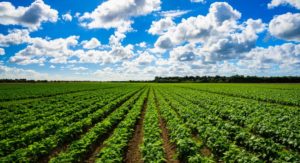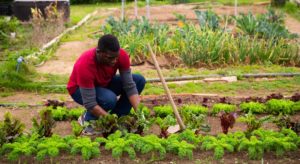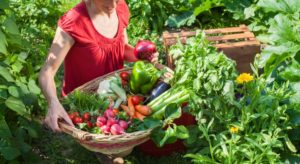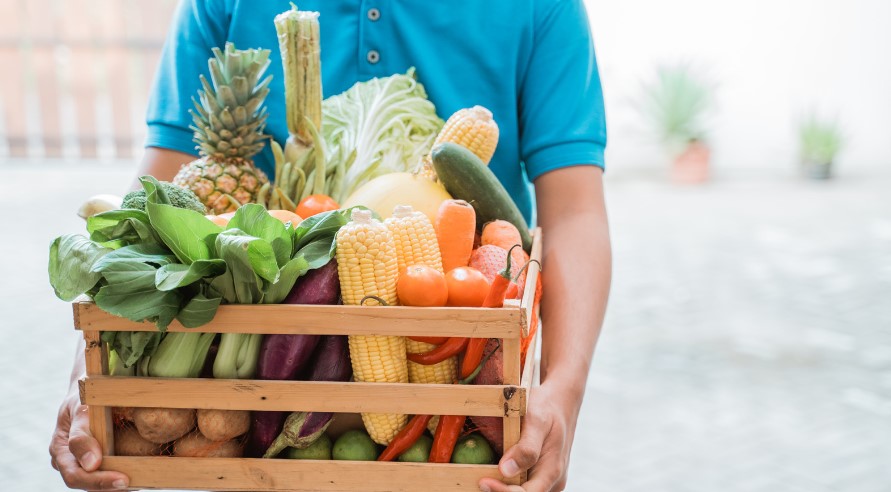Starting an organic vegetable supply business can be a rewarding way to make a living while providing people with healthy, sustainable food. As demand grows for organic produce, small-scale farmers and suppliers are well-placed to tap into this expanding market. Follow these key steps to get your small organic veg business up and running.
How to Start an Organic Vegetable Supply Business?
Obtain Organic Certification
Gaining organic certification is crucial to establish the authenticity and standards of your produce. In the UK, you’ll need certification from one of the major bodies like the Soil Association. This involves creating an organic management plan for your site detailing things like: avoidance of chemical fertilisers and pesticides; crop rotation plans; waste disposal and water management processes. An annual inspection is required to ensure compliance.
Find and Prepare Your Land

Organic vegetable production works best on sites with clean, fertile soil and access to fresh water. Most standard farm sites can be transitioned to organic through activities like planting green manures to boost nutrients. Begin preparing your land well in advance of planting; soil structure and nutrient balance are key for organic systems. Seek out advice if the land has historically used chemical treatments.
Decide What to Grow
Carefully research and select suitable organic vegetable varieties to grow. Favourite staples like carrots, potatoes and onions are a good starting point. Assess factors like your climate, the length of your growing season, and what existing local demand there might be. To minimise risk of crop failure, have a good crop rotation plan and plant a diverse range for year-round production potential.
Investing in Essential Equipment
Proper equipment is crucial when starting an organic veg operation. Invest upfront in key tools like stainless steel trowels and hoses, a greenhouse or polytunnel to extend the growing season, irrigation systems and timers to efficiently water crops, and a refrigerated delivery van to safely transport fresh produce. Choose quality kit made to last.
Set Up Irrigation & Infrastructure

Install essential infrastructure like fencing, sheds, pathways and water systems before production gets underway. Organic principles encourage the use of natural rainfall capture via ponds and water storage tanks. Have a plan for how to get freshwater to your crops if dry periods occur. Drip irrigation systems are efficient ways to irrigate.
Manage Pests, Weeds & Disease Organically
Get to know prevention techniques and permitted organic pest, disease and weed control methods. These focus on cultural and mechanical approaches first before considering biological treatments or natural pesticides as a last resort. Companion planting and encouraging natural predators are great organic strategies.
Find Your First Customers

Early on, focus on supplying a few local shops, restaurants, boxes schemes or farmers markets. Having a good relationship with these first customers is key.
Grow the Business
Once you establish your brand, you can look at ways to grow the business, such as branching out into preserves or freezing your produce and selling to supermarkets and larger retail chains. This will necessitate expanding your base of operations and investing in warehouses, storage equipment, and a pallet wrapper from Matco International to protect produce, but there is always demand for quality organic produce and the big supermarket chains can be lucrative customers if you play your cards right.
By following these key steps and focusing on organic principles, you’ll be on the path to growing and supplying delicious seasonal vegetable boxes, retailers and wholesale orders.
Author Profile

- Guest Blogger & Outreach Expert - Interested in Writing Blogs, Articles in Business Niche | News Journalist By Profession in the United Kingdom
Latest entries
 BusinessFebruary 17, 2026Why Online Shops Need a Fulfilment Centre?
BusinessFebruary 17, 2026Why Online Shops Need a Fulfilment Centre? LawJanuary 9, 2026Emily Windsor On The Judgment Calls Barristers Make Daily
LawJanuary 9, 2026Emily Windsor On The Judgment Calls Barristers Make Daily TravelJanuary 7, 2026Key Considerations When Installing Temporary Barriers for Roadworks
TravelJanuary 7, 2026Key Considerations When Installing Temporary Barriers for Roadworks BusinessNovember 21, 2025A Practical Guide to Using LMS Platforms for Better Onboarding
BusinessNovember 21, 2025A Practical Guide to Using LMS Platforms for Better Onboarding





